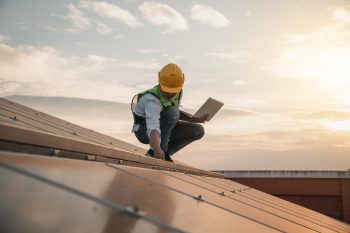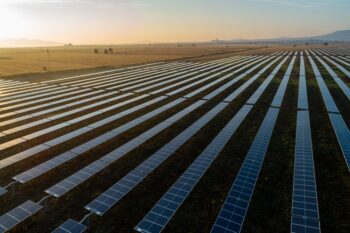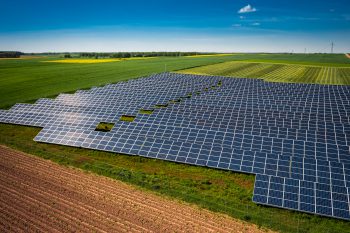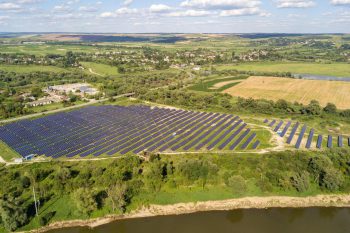Environmental Health and Safety
Solar health and safety concerns include fire safety, workforce development, and codes & standards. The solar industry is working proactively in these areas by pursuing industry-wide solutions that ensure responsible business practices among U.S. solar companies.
Read More ->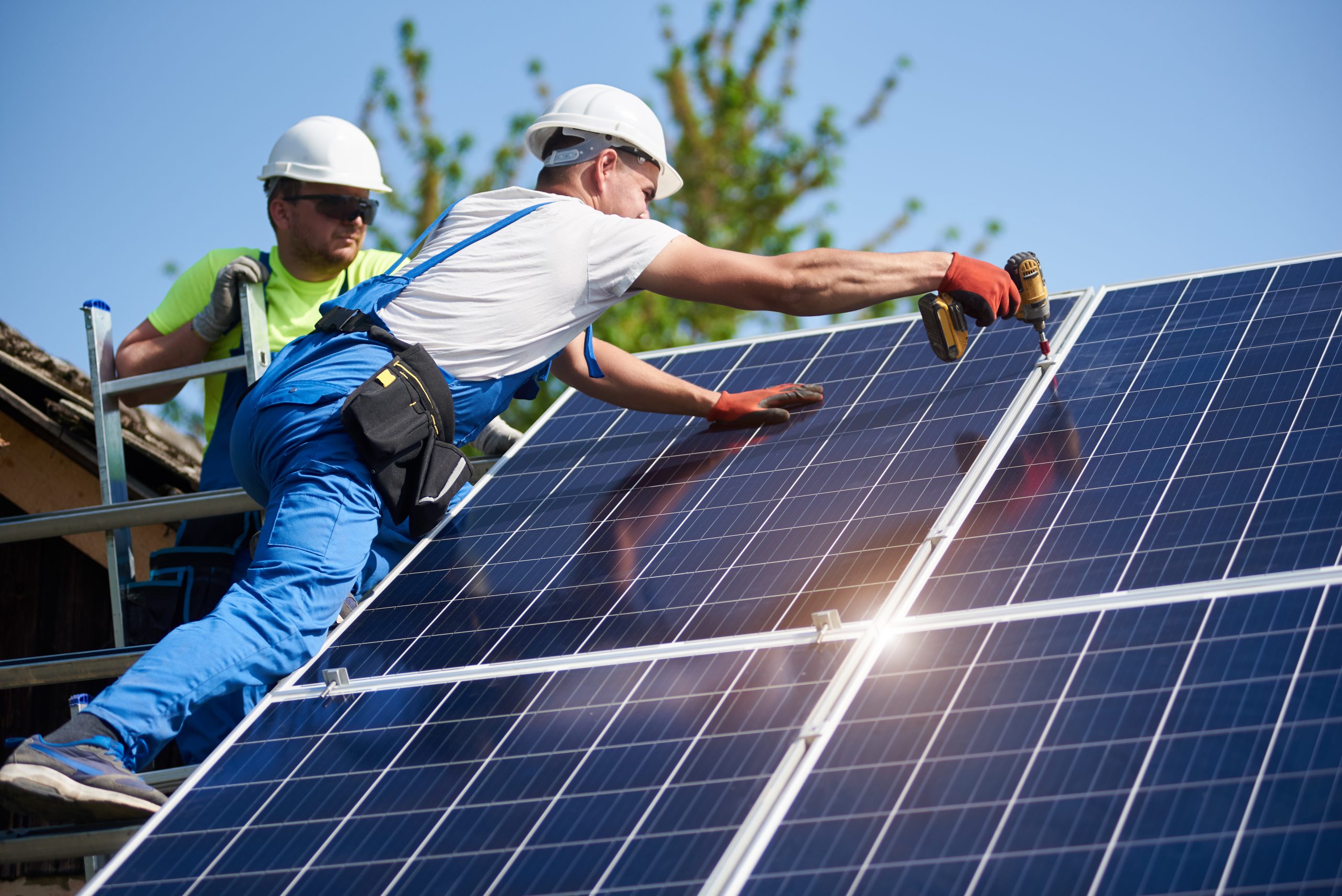
Construction and Installation Codes
For the solar industry to continue its rapid growth, solar-friendly building and installation codes are important to the industry.
The majority of U.S. model codes are developed by the International Code Council (ICC) through its public consensus process, after which they can be adopted, in full or potentially modified, by state regulatory bodies. The ICC process includes proposals and input put from various stakeholders, including building code officials, product manufacturers, health and safety advocates, and industry representatives.
The National Fire Protection Association (NFPA) oversees a similar process for the National Electrical Code. SEIA, in leadership with a few other organizations, convenes several working groups to develop Public Input proposals for submittal during this cycle’s triennial development process.
Product Standards
In the solar industry, product standards serve to ensure the safety and reliability of all components of a solar electric system. Product standards, plus conformity assessment procedures, ensure all products meet a minimum threshold of safety, performance, and reliability.
The SEIA Codes & Standards Working Group and its members monitor relevant product standards (such as UL, SEAOC, ASCE, ASTM, ASHRAE, NIST and NSF). In the U.S., standardization activity is coordinated by the American National Standards Institute (ANSI), which accredits Standard Developing Organizations (SDOs) and Conformity Assessment Bodies (CABs). There are several accredited SDOs developing product standards for the solar industry, including UL and the Solar Rating and Certification Corporation (ICC-SRCC/ICC-ES). Product standards are implemented either through federal, state regulation or building codes and/or municipal ordinances.
Working Group Coordination
The Codes & Standards Working Group also convenes a Corrosion Protection Task Group, which is currently exploring subsurface, atmospheric and galvanic corrosion as well as corrosion inhibitors. The task group plans to develop and publish technical considerations for solar equipment.
Similarly, the Codes & Standards Working Group provides input and guidance to other SEIA member forums such as the Quality Assurance Working Group, the Operations & Maintenance Working Group and SEIA divisions.
SEIA staff engage with other industry partners and national laboratories and entities to provide input and guidance into their specific work on behalf of our members.
